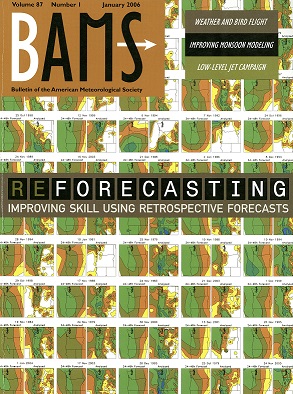
The objective of the Ensemble Development Working Group is to come up with ways to improve the reliability of forecasts and to better characterize their uncertainty, by combining multiple forecasts for the same time period. There are two sources of forecast uncertainty that should be modeled accurately in ensemble prediction systems. The first is initial-condition uncertainty; i.e. the state of the model at the beginning of the forecast run. A model ensemble should be initialized with samples from a distribution of plausible states observed in the atmosphere. The second is uncertainty in the model itself, which can bias the meannforecast and limit the spread of simulations, resulting in an overconfident ensemble, especially for surface-related variables such as surface temperature and precipitation, and tropical forecasts such as hurricane tracks. These contributions to forecast error can be attributed to model deficiencies as well as from assumptions built into the forecast models. As the complexity of the UFS increases by coupling various models of the Earth system, such as the atmosphere, ocean, land surface, sea ice, and other components, the challenges of estimating forecast uncertainty will extend to estimating the coupled initial-state
uncertainty and sources of model uncertainty in the coupled prediction system.
